Hydraulic cylinders are the workhorses of many industrial machines. They translate pressurised fluid into linear motion, powering everything from construction equipment to factory assembly lines. But like any machine, hydraulic cylinders are susceptible to failure, and one of the leading culprits is the improper use of hydraulic oil.
This article explores how using incorrect or cheap hydraulic oil can lead to premature cylinder failure and the associated costs. We’ll also provide a table summarising the key points.
The Role of Hydraulic Oil
- Lubrication: It minimises friction between moving components like pistons, rods, and seals, preventing wear and tear.
- Power Transmission: It efficiently transfers pressure from the pump to the cylinder, allowing for smooth and powerful operation.
- Heat Transfer: It helps dissipate heat generated by friction, preventing overheating and component degradation.
- Corrosion Protection: It forms a protective layer on internal surfaces, guarding against rust and corrosion.

How Incorrect Oil Selection Leads to Failure
- Increased Friction and Wear: Oil with the wrong viscosity (thickness) can’t adequately lubricate moving parts. This increases friction, leading to accelerated wear on components like the piston rod and seals.
- Loss of Power: Oil that’s too thin may not transmit pressure effectively, resulting in sluggish cylinder operation or reduced force output. Conversely, oil that’s too thick can create excessive drag, wasting energy and hindering performance.
- Seal Failure: Incompatible oil can cause seals to swell, shrink, or harden. This compromises their ability to form a tight seal, leading to internal leaks and pressure loss. Leaks not only reduce efficiency but also allow contaminants into the system, accelerating wear.
- Oxidation and Breakdown: Cheap, low-quality oils often lack proper additives to prevent oxidation and thermal breakdown. As oil degrades, it loses its lubricating properties, promotes sludge formation, and increases acidity, further damaging components.

The Costs of Cheap Oil
- Increased Maintenance and Repair Costs: Frequent component replacements due to premature wear and tear will drive up maintenance expenses. In severe cases, a damaged cylinder might require complete replacement.
- Downtime: Equipment failure due to hydraulic issues translates to lost production time and potential revenue.
- Environmental Costs: Leaking or improperly disposed of oil can contaminate soil and water, leading to environmental fines and cleanup costs.
The Impact of Incorrect or Cheap Oil on Hydraulic Cylinders
| Issue | Effect | Cost |
|---|---|---|
| Increased Friction | Accelerated wear on components | ⬆️ Replacement parts, maintenance labour |
| Loss of Power | Reduced efficiency, sluggish operation | ⬇️ Productivity, potential product defects |
| Seal Failure | Internal leaks, pressure loss, contamination | ⬆️ Oil changes, component repairs |
| Oxidation and Breakdown | Loss of lubrication, sludge formation, increased acidity | ⬆️ Downtime, repairs, potential environmental costs |
Choosing the Right Hydraulic Oil
- Viscosity: Viscosity should match the operating temperature range of your equipment. Thicker oils are better for hot environments, while thinner oils are preferred for cold climates.
- Hydraulic System Pressure: Choose oil with a viscosity that can handle the maximum operating pressure of your system.
- Anti-Wear Additives: Look for oil formulated with anti-wear additives to protect components from friction and abrasion.
- Oxidation Resistance: Select oil with antioxidants to prevent thermal breakdown and sludge formation.
Conclusion
Hydraulic cylinders play a critical role in various industrial applications. Using the correct hydraulic oil is essential for their smooth operation and longevity. By understanding the detrimental effects of incorrect or cheap oil, you can make informed decisions to protect your equipment and optimise your investment.
Honingcraft offers a wide range of high-quality hydraulic oils specifically formulated to meet the demands of various industrial applications. Our expert technicians can help you select the right oil for your hydraulic cylinders, ensuring optimal performance and longevity. Contact Honingcraft today to discuss your specific needs and keep your equipment running smoothly.








